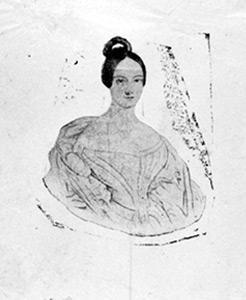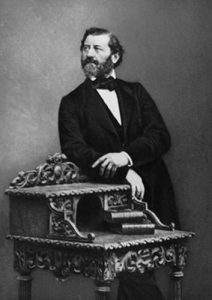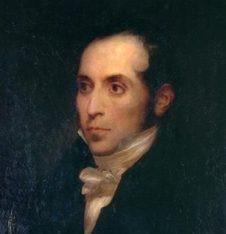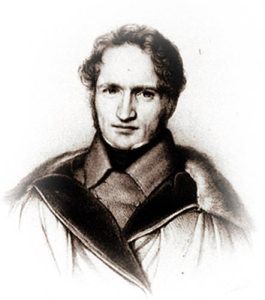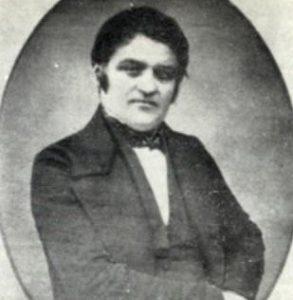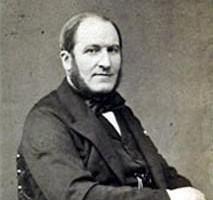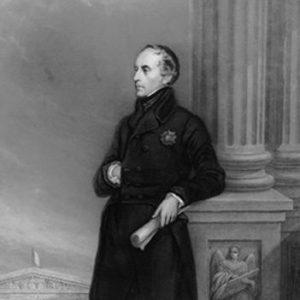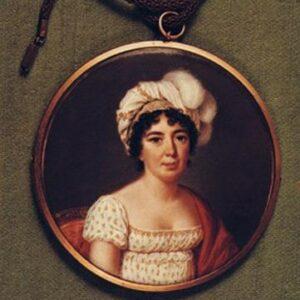Louis-Philippe agreed to his children marrying Protestants...
Protestants trusted the head of the new dynasty : it was said that he had attended Protestant church services in Switzerland, that he had met Jean Monod, pastor of the French community in Copenhagen, and that his best friend had been a Protestant, Louis de Chabot-Jarnac. This favourable impression was confirmed by the immediate rallying of Guizot, Cuvier and Benjamin Constant.
The fact that three of King Louis-Philippe’s children married Protestants resulted in the royal family’s real popularity amongst the latter. His eldest daughter, Louise, married the new king of the Belgians, Léopold I of Saxe-Coburg-Saalfeld, a Lutheran ; their children, however, had to be brought up as Catholics. After the civil ceremony and the Catholic wedding, another ceremony was held that satisfied the « Protestant subjects » (it was, in fact, a fairly lustreless ceremony, no more than a simple family service). In 1837 Marie, the king’s second daughter likewise married a Lutheran : Alexander, Duke of Wurttemberg. And Ferdinand-Philippe, Duke of Orleans and heir to the throne, married a Protestant, Helen de Mecklenburg-Schwerin ; the latter remained Protestant and regularly attended Lutheran church services. « The Bible was found in the royal dwellings, alongside the missal ».
...and associated Protestants to political life
Several Protestants actively participated in political life : chiefly Guizot, but also Agénor de Gasparin, Claramond Pelet de la Lozère and Léon de Maleville. In 1847, 17 Peers of France were Reformed Protestants.
The Education policy and the fairly liberal trend of the regime suited the majority of Protestants, especially the middle-class who held most of the power via the tax-based voting system. At this stage, the new social aspect of Protestantism began to flourish, with its businessmen and bankers in Paris, Nîmes and Alsace.
Moreover – and this element was to be greatly appreciated by Protestants – the July Monarchy favoured religious equality, leaving protestant evangelists free to hold religious meetings in towns where no Protestant community existed. Local authorities, who rarely went beyond respecting the simplest forms of tolerance, often refused their authorization, but an appeal to the central authorities was usually enough to ensure respect of religious equality. New converts, formerly of Roman Catholic obedience, came to Protestantism by the influence of prominent figures of XIXth century evangelization, (such as Napoléon Roussel, Léon Pilatte, and François Puaux).

